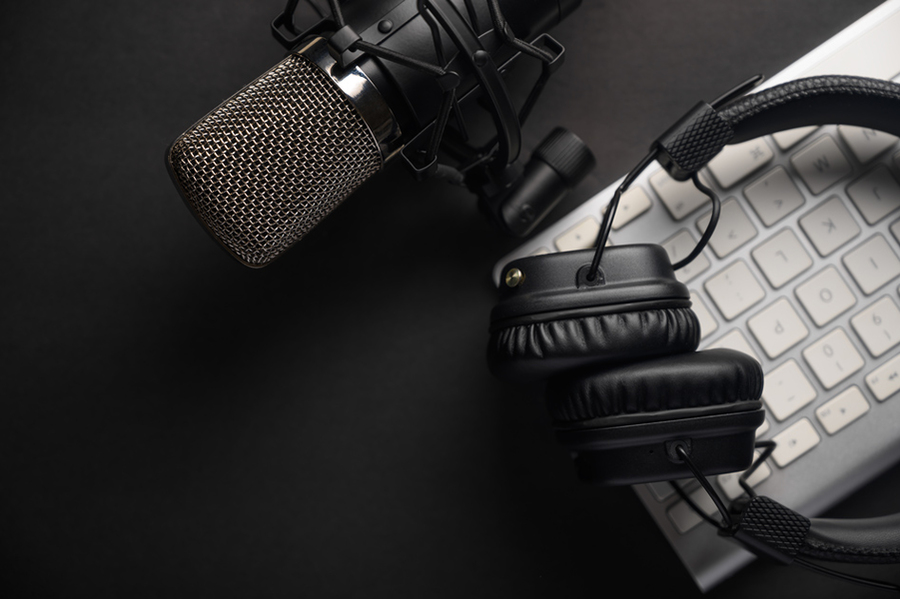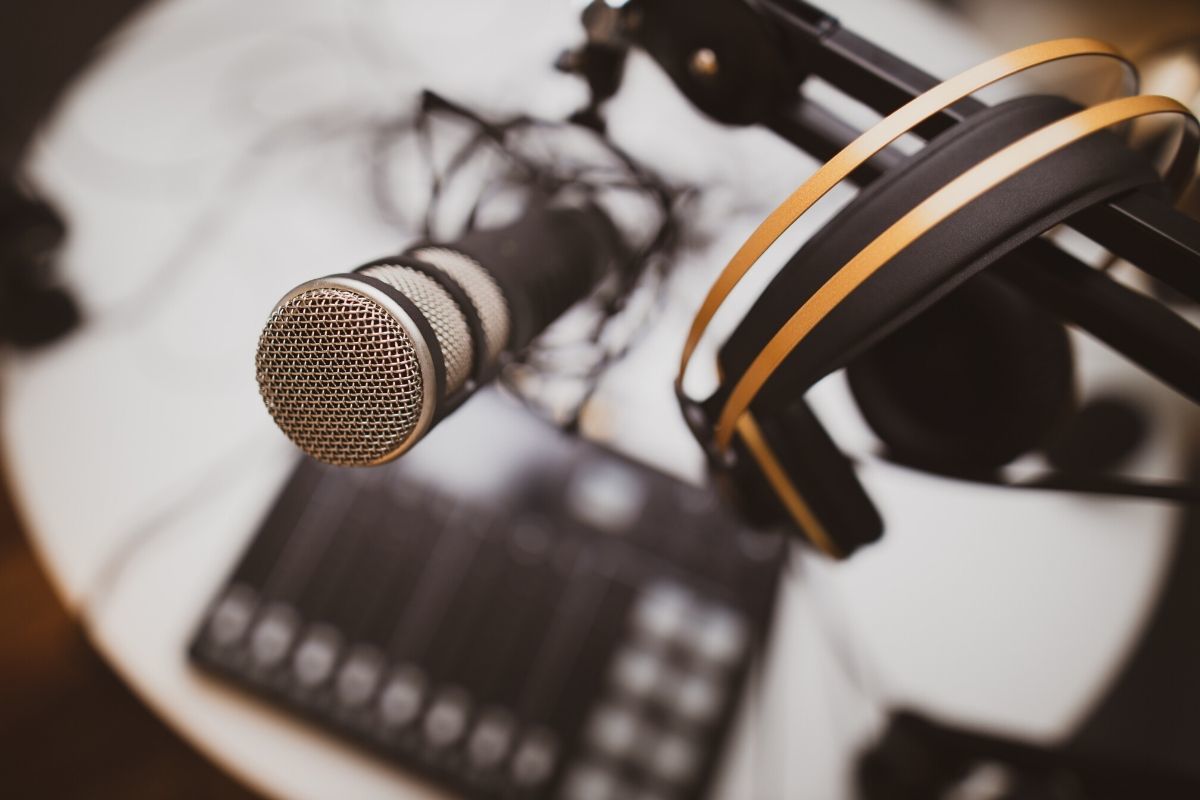The digital ecosystem has been evolving at a dizzying rate over the past two years, and this evolution has been accelerated by the pandemic. Some professions that require their physical presence were transformed and found a place in the virtual world, an example of this: restaurants, entertainment, education, clothing and footwear sales, among others.
However, there is a large majority of freelance professionals, such as lawyers, doctors, designers, communicators, psychologists and the number of professions or trades that they want to imagine, must adapt quickly to this digital wave and one of the opportunities that bring the People with this type of professional is the podcast, being a powerful marketing tool with a very effective plus, the voice.

What should you keep in mind before starting a podcast?
The podcast is timeless, at any time listeners can access it from anywhere in the world, you can create a podcast in a simple way to publicize your services and/or products as stories. We all love them, for this reason, if you are reading this and want to create your own podcast, here are 7 tips before starting a podcast and creating a community of listeners and most likely potential clients. So, let’s get started:
- Knowing yourself, identify that skill in which you are good at doing, to know later what message you are going to transmit and that message to whom it will be directed.
- It establishes the topics that you are passionate about from your profession and would like to tell.
- That passion is not only the money factor, but creating valuable content that helps people solve a problem or provide knowledge.
- Choose the platform that is most knowledgeable and accommodates the content that is to be created, some options are: IGTV, YouTube, Spreaker, Spotify, Deezer or if it is the case, use all these platforms together.
- Plan that first season, to begin with, establish the themes of 5 chapters with a duration ranging from 5 to 15 minutes. Thus, it is measuring acceptance and collecting feedback for the next season.
- Create a community around the podcast, WhatsApp groups, Telegram, Facebook groups, among others.
- Get training in audio editing and text production for podcasts, look for podcast creators on the internet, tutorials on YouTube, acquire ebooks, courses or workshops to acquire technical knowledge for podcast creation.
Finally, the podcast reaches the listener directly, since it is they who are looking for what they want to listen to, at what time of day and in which activity they want to do it, since many of these people are in their daily and daily tasks, than to sit in a sofa to have time to watch on a screen is not very productive for them. The podcast accompanies them at lunchtime, exercising, preparing food, while working or doing housework.





